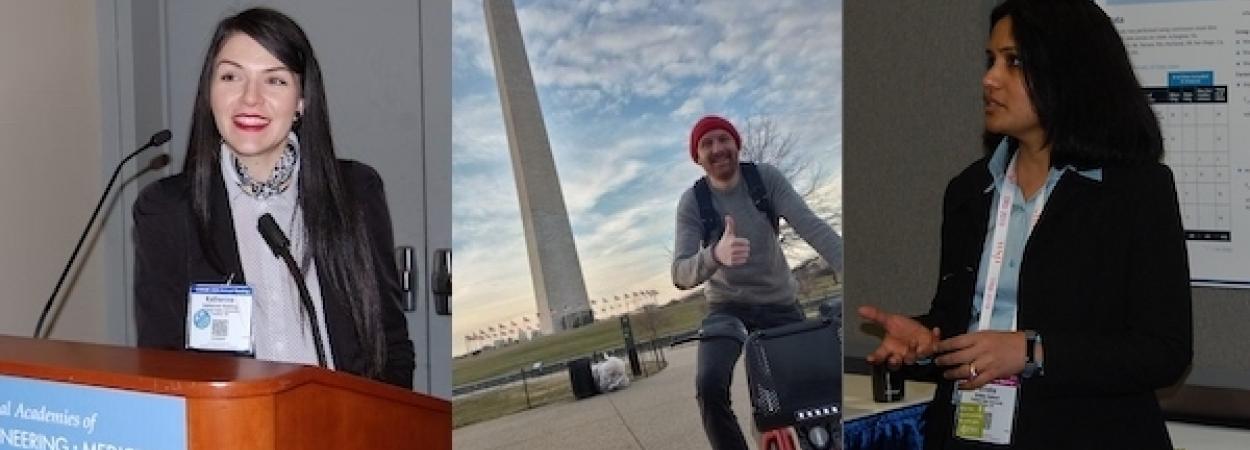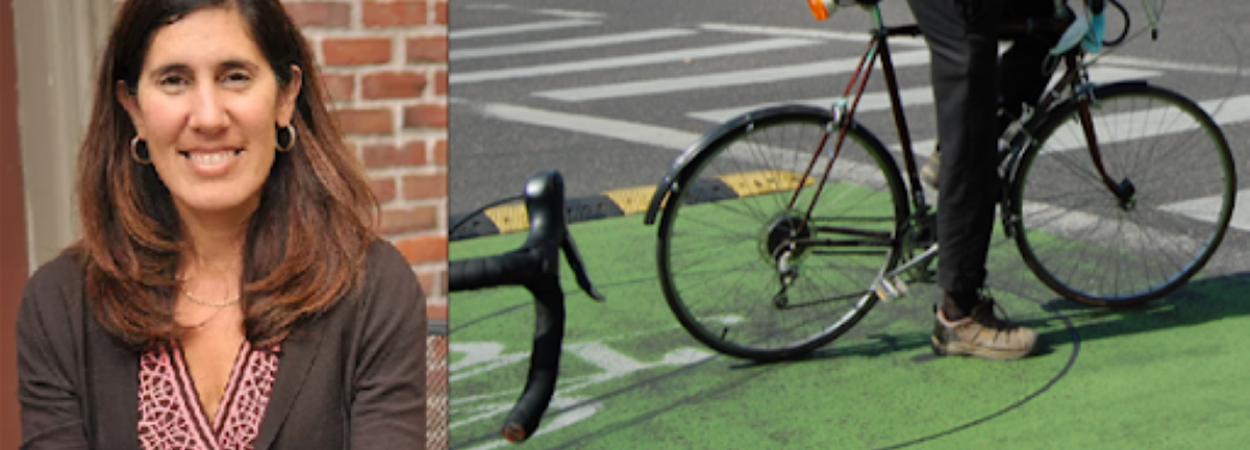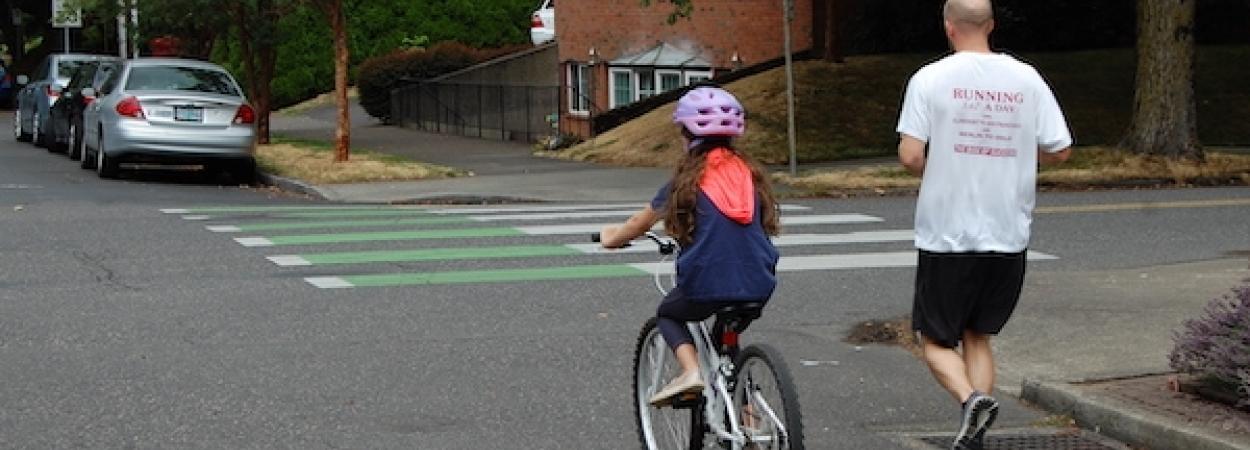 |  |  |

Despite widespread use of walking as a transportation mode, walking has received far less attention than the motor vehicle in terms of national guidance and methods to support planning, designing, and operating safe, functional, and comfortable facilities. To address this gap, the TRB National Cooperative Highway Research Program funded NCHRP Project 17-87: Enhancing Pedestrian Volume Estimation and Developing HCM Pedestrian Methodologies for Safe and Sustainable Communities. Led by Principal Investigator Paul Ryus, Kittelson & Associates partnered with Portland State University and the Highway Safety Research Center at the University of North Carolina to lead research to update pedestrian analysis methodologies in the Highway Capacity Manual (HCM).
The research team created the following new products, published in 2022 and free to download fro…
Read More
For governments and clean energy advocates looking to encourage people to use e-bikes for transportation, a new online tool from Portland State University researchers offers an overview of the existing incentive programs in the United States and Canada.
The E-Bike Incentive Programs in North America table tracks e-bike purchase incentive programs and key details that can provide a point of reference for the development of future e-bike incentive programs and policies, or for further research on the topic. Read a recent article about the tool in BikePortland.
John MacArthur, researcher at PSU's Transportation Research and Education Center (TREC), led the development of the tool w…
Read More
The 101st annual meeting of the Transportation Research Board (TRB) is coming up January 9 - 13, 2022, and has returned to an in-person gathering in Washington, D.C. This year’s theme at TRB is Innovating an Equitable, Resilient, Sustainable, and Safe Transportation System, and Portland State University (PSU) researchers and students are well qualified to share their work on that topic!
VIEW THE ONLINE GUIDE TO PSU AT TRB 2022
DOWNLOAD THE PSU PRESENTATION FILES
*Due to the evolving status of speaker attendance and TRB programming, please refer to your TRB schedule for the most current information in the event of changes.*

Portland State University students interested in a career in advancing biking and walking can find financial support through two active transportation scholarships from the Transportation Research and Education Center (TREC) at PSU. Since 2008, nineteen students have been awarded.
Mia Birk, the founding donor, is an independent consultant with 27 years of experience in helping to make cities more bicycle and pedestrian friendly. She served as the City of Portland's bicycle coordinator from 1993 to 1999, then as President and CEO of Alta Planning + Design until 2016. Her TED Talk makes the case for "Pedaling Towards a Healthier Planet," and her book, Joyride: Pedaling Toward a Healt…
Read More
An increasing trend in the number of bicycle crashes in the U.S since 2009 has been a major challenge to safety. A new PSU masters thesis in civil engineering offers insights: "Improving Bicycle Crossings at Unsignalized Intersections through Pavement Markings: Analysis of the City of Portland Innovative Strategy" by Frank Boateng Appiah of Portland State University.
For a deeper dive into this research, read BikePortland's coverage of the study. For more on the researcher, read our 2020 interview with Frank.
The City of Portland, Oregon has experimented with an innovative treatment to improve bicycle crossings at unsignalized intersections. This treatment, term…
Read More